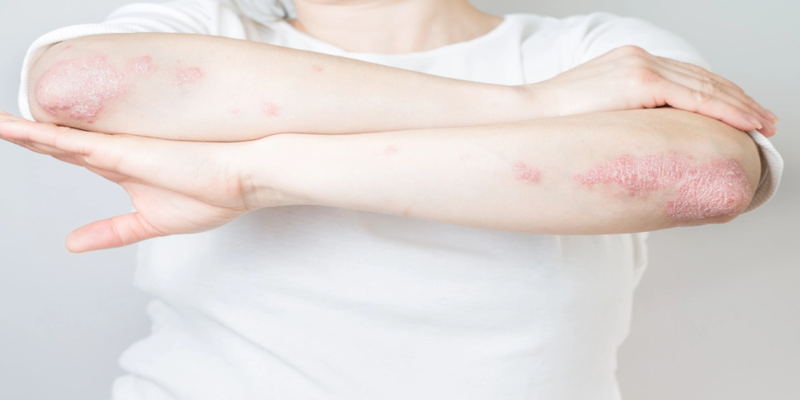The effects of climate change are becoming pervasive. It is becoming known through various phenomena, including heat waves, early flowers, and sudden snowfall. Because of this, you must take care of yourself and do what you can for the planet. Ultimately, it's important to remember that humans aren't outside nature.
Adapting your self-care routine to account for climate change is a good idea since it might affect your health unexpectedly, such as by altering the frequency of vaccinations or changing your diet to better suit the new seasons. This is especially true for your skin. Continue reading to find out.
Effects Of Climate Change On Skin Health
The skin is the biggest organ and the primary interface between the body and its external environment. It's important to remember that skin care isn't something you can ignore.
When you think about how climate change may affect your skin, you might immediately think about the need to wear sunscreen and the risk of developing skin cancer.
Ill effects, such as dehydration and sunburn, can result from extreme weather. Besides the obvious health risks associated with breathing polluted air, environmental risks exist.
Skin Cancer And Climate Change
The ozone layer is like the sunblock for Earth. A greater amount of ultraviolet light can penetrate it as it fades or breaks down. Preliminary studies conducted in 2011 suggest that a 1% decrease in the ozone layer is associated with a 3% to 4% rise in the incidence of squamous cell carcinoma, a 1.7-2% increase in the incidence of basal cell carcinoma, and a 1% to 2% increase in the incidence of melanoma.
According to 2016 data, skin cancer is the most frequent cancer in the United States, and its prevalence is only expected to increase. According to the World Health Organization, two to three million cases of non-melanoma skin cancer and 132,000 cases of melanoma skin cancer are diagnosed annually.
Eczema And Global Warming
The AAD reports that 85 percent of American teenagers and young adults will have acne at some point. The pH of our skin can shift as a result of climate change. Acne can be made worse by increased sweat and oil production.
Effects of Time Passing
Over time, sun exposure can accelerate skin aging. The negative health consequences of sun exposure can be amplified because climate change can increase both UV radiation and environmental contaminants that induce free radical damage. Premature skin aging is accelerated or accelerated further by the oxidative stress caused by exposure to air pollution, according to research published in 2019.
Symptoms of a Skin Disorder

Sweating more in hot and humid weather can aggravate skin conditions like eczema and psoriasis. Rashes, athlete's foot, and hives are some of the various skin problems that might result. Older studies from 2010 show that city dwellers may be at greater risk for developing eczema, with pollution possibly contributing to outbreaks.
Peter Lio, a dermatologist and a member of the National Eczema Association's Scientific Advisory Council, concurs that eczema and other inflammatory skin problems will only worsen in the future.
Disorders Of The Skin
Alterations in the weather might have unanticipated effects on your skin. Consider the issue of floods. Climate change is likely increasing the number and intensity of major river flood occurrences, according to 2021 research, making flooding the world's most common and deadliest calamity. According to studies conducted in 2018, one of the most prevalent health effects of floods is the development of skin illnesses due to exposure to contaminants.
Climate Change: How Can You Protect Your Skin?
Taking care of your skin is especially important as the weather and environment shift.
Sunscreen Is Essential
Even if you don't believe you need sunscreen, it is the most effective way to protect your skin from UV rays. Use sunscreen with at least a 30 SPF rating whenever you go outside. It's the same if it's overcast and you're only going to be outside for a few minutes.
Protecting one's skin is an absolute must. Choose a sunscreen that won't harm the coral reefs if feasible. The International Coral Reef Initiative and the Swedish government released their findings on the effects of conventional sunscreen on coral reefs in 2018.
Avoid Busy Times
To protect themselves from the sun's harmful rays, Leer advises his readers to stay indoors between 10 a.m. and 4 p.m. If you must be outside during these times, consider applying and reapplying sunscreen every 60–90 minutes with a higher SPF.
Asses The Air Quality
Make sure the air is safe to breathe before venturing outside. The AirNow app, created by the United States Environmental Protection Agency (EPA), is only one way to find out how polluted the air is where you are. The installation of an indoor air purification system is another smart move.




